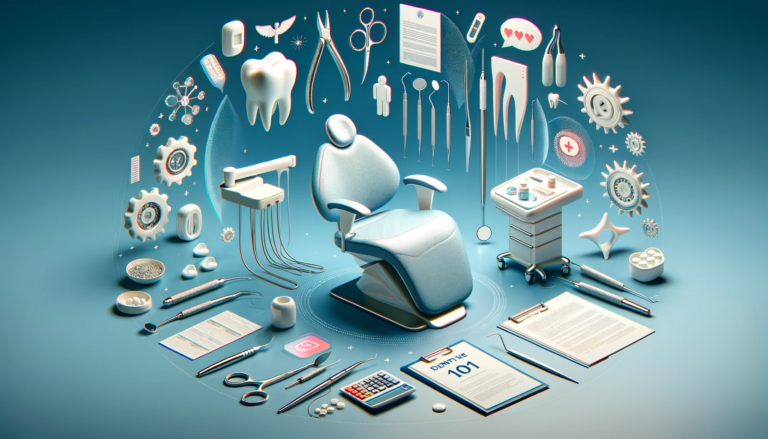Mastering the Craft: Dental Policy and Training Essentials for Aspiring Dental Professionals
The pathway to becoming a dental professional is rigorous and demanding, requiring a blend of comprehensive education, hands-on training, and a deep understanding of dental policy. This guide delves into the essential educational and training requirements that shape the backbone of a successful career in dentistry, underscoring the influence of dental policy in crafting these standards.

Introduction to Dental Education
The journey to a dental profession begins with a solid foundation in science and a passion for healthcare. Prospective dental professionals must navigate through a series of educational and training phases, each designed to build the expertise, skills, and ethical grounding necessary for providing exceptional oral healthcare.
Undergraduate Preparation
- Pre-Dental Education: Most dental programs require a bachelor’s degree, with a focus on science courses such as biology, chemistry, and physics. This phase lays the groundwork for understanding the complex biological processes relevant to dental science.
- Dental Admission Test (DAT): Aspiring dental students must pass this exam, which assesses their scientific knowledge and academic capacity for dental school.
Dental School: The Core of Professional Training
Dental school is a rigorous four-year program that combines theoretical knowledge with practical experience. It is structured as follows:
- First Two Years: Focus on foundational sciences, including anatomy, biochemistry, and physiology, with an introduction to dental policy and ethics.
- Final Two Years: Emphasize clinical practice, allowing students to treat patients under supervision and learn various dental procedures and technologies.
Specialization and Advanced Training
For those aspiring to specialize in areas such as orthodontics, periodontics, or pediatric dentistry, additional postgraduate education is required. This includes:
- Residency Programs: Ranging from 2 to 6 years, these programs offer in-depth training in a dental specialty, integrating advanced clinical skills with research and teaching opportunities.
Licensing: A Gateway to Professional Practice
Upon completing dental school, graduates must obtain a license to practice. This involves:
- National Board Dental Examinations: A two-part exam testing theoretical knowledge and clinical skills.
- State Clinical Licensing Exams: Practical exams that vary by state, assessing the ability to perform dental procedures safely and effectively.
The Impact of Dental Policy
Dental policy significantly influences the educational and training requirements for dental professionals. It ensures that training programs adhere to high standards, that licensure exams are relevant and rigorous, and that continuing education is pursued to maintain competency in the rapidly evolving field of dentistry.
Continuing Education: A Commitment to Lifelong Learning
To maintain licensure and stay abreast of the latest advancements in dental science and practice, dental professionals must engage in continuing education throughout their careers. This may include seminars, workshops, and courses covering new techniques, technologies, and policies in dentistry.
Navigating the Path to Professional Excellence
The road to becoming a dental professional is marked by milestones of education, training, and licensure, all shaped by the overarching framework of dental policy. It’s a journey of lifelong learning, dedication, and a commitment to excellence in patient care.
Conclusion: The Role of Education and Training in Dental Excellence
The educational and training requirements for dental professionals are designed not just to build technical competence but also to instill a deep sense of ethical responsibility and a commitment to the well-being of patients. Dental policy plays a pivotal role in ensuring that these standards not only meet the current needs of the profession but also anticipate the future challenges of oral health care.


